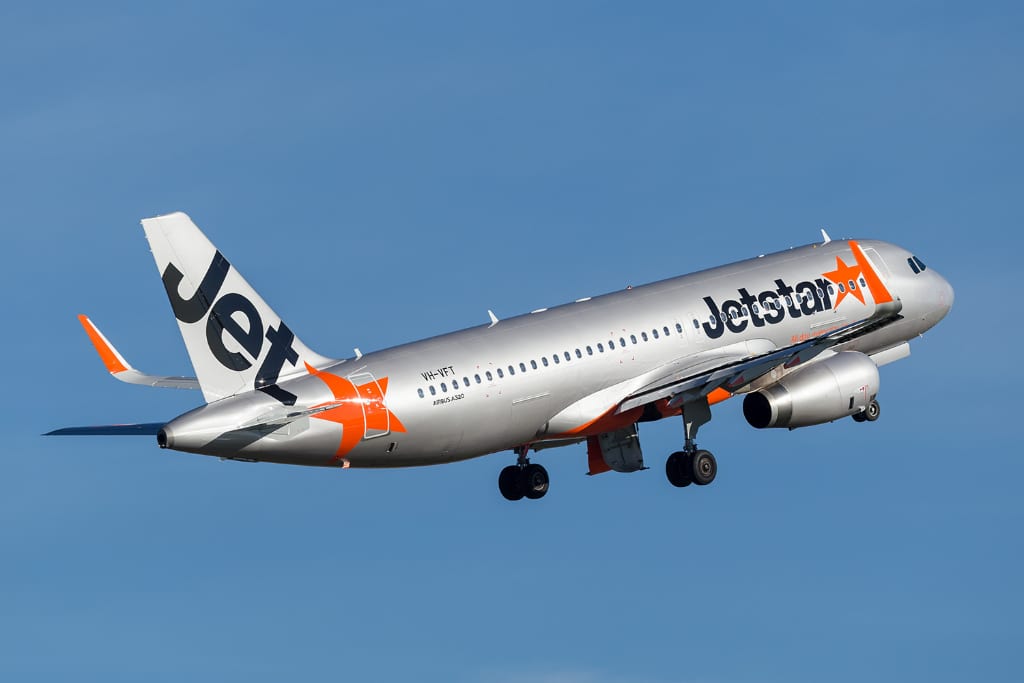Skift Take
Gordon Wilson, the CEO of Travelport, said in an interview that he sees India as one of the drivers of its long-term growth. That's plausible, but not assured. Private equity should take the company private to shield it from quarterly earnings pressure, and allow it to invest properly to make the most of its varied opportunities.
Travelport has a global market share problem. But the Langley, UK-based travel technology company forecast during a quarterly earnings report that its recently signed long-term deals in India will be a key driver in helping it retake share from its competitors.
Travelport’s volume of air business is about the same as it was six years ago.
In the third quarter, Travelport helped travel agencies process 81.5 million airline segments, which means nonstop flights from one city to the next, net of cancellations. But it reported more segments — 85 million — in the third quarter of 2012.
The stagnation in number of segments processed has allowed Travelport’s main rivals, Amadeus and Sabre, to steal about 3 percentage points of global air market share over a half-dozen years.
Part of the issue is that Travelport has lost some clients. In the past year, Travelport has lost travel agency Flight Centre Group to Sabre and Amadeus.
On Thursday, Travelport disclosed that corporate travel management company Carlson Wagonlit Travel would stop using Travelport-based call centers in the United States. Expedia, which uses Sabre, Amadeus and Travelport as its global distribution system partners, acquired Orbitz Worldwide in 2015, and it has since moved Orbitz off Travelport in a phased change that will be completed shortly.
However, Travelport has also won business through deals in many markets. More on its Indian wins as an example, below.
Overall, Travelport has told investors that by the end of 2020, it will reverse the share loss and that it aims to add 1 to 2 percentage points of market share in reported air segments.
Analysts debate the numbers, calculations, and relevant metrics. But they agree that Amadeus has the largest market share in both air segments and total travel revenue, Sabre is second, and Travelport places third.
Growth via India
Travelport points to several drivers of future growth, and its India strategy has been one of the most notable.
This year, the company signed contracts to be the preferred distributor for Air India. In April 2019, Jet Airways will also tap Travelport. Since 2016, Travelport has had an exclusive distribution contract with IndiGo, the country’s biggest domestic airline. The three carriers represent approximately 70 percent of the India domestic air market.
On the online travel front, Travelport has also made gains. Since 2017, MakeMyTrip, India’s largest online travel agency, has used its platform for airline, hotel, and other supplier content worldwide. Travelport has also recently added deals with other major Indian online players such as Paytm and Yatra.
In the short term, India’s travel market is seeing disruption. Rising jet fuel costs, fierce competition, and apparent mismanagement at national carrier Air India have created uncertainty.
In its commercial model, Travelport benefits more from the volume of transactions processed than the average price per air ticket. So it expects to benefit in the short-run, even if India remains caught in an airfare price war for a couple more quarters.
In the long term, India domestic air volume is growing rapidly, and as Skift Research noted in a recent report, outbound travel is also forecast to grow at a good clip.
Gordon Wilson, Travelport’s president and CEO, said in an interview that his company would benefit from India’s growth long term. “India is now the second-biggest air GDS [global distribution system] market in the world,” he said. “And we’re now the biggest GDS player there, with our rivals having lost key deals.”
He argued that demographic shifts will fuel astonishing growth in India’s travel market and that the growth will be a tailwind for Travelport.
India isn’t the company’s only growth bet, of course. Others include its investments in more sophisticated sales tools for agencies to sell travel products and its payments business, eNett, which has been hovering around a 50 percent a year revenue growth rate.
In the third quarter, Travelport’s net revenue rose 2 percent year-over-year, to $623 million. Net income, a measure of profit, increased 25 percent, over the year-ago period, to $6 million.
Earlier this year, U.S. hedge fund Elliott Management revealed it had bought an 11.8 percent stake in Travelport. Analysts expect the activist investor to prompt Travelport to spin out its eNett payments division, go private in a buyout, or both.
Skift India Report
The Skift India Report is your go-to newsletter for all news related to travel, tourism, airlines, and hospitality in India.
Have a confidential tip for Skift? Get in touch
Tags: earnings, gds, gdss, global distribution systems, india, travelport
Photo credit: Travel tech company Travelport is betting on growth in India thanks to its recently signed deal with Jetstar, shown here, and Air India, along with an older deal with IndiGo. The company reported its third quarter 2018 earnings on Thursday. Jetstar
